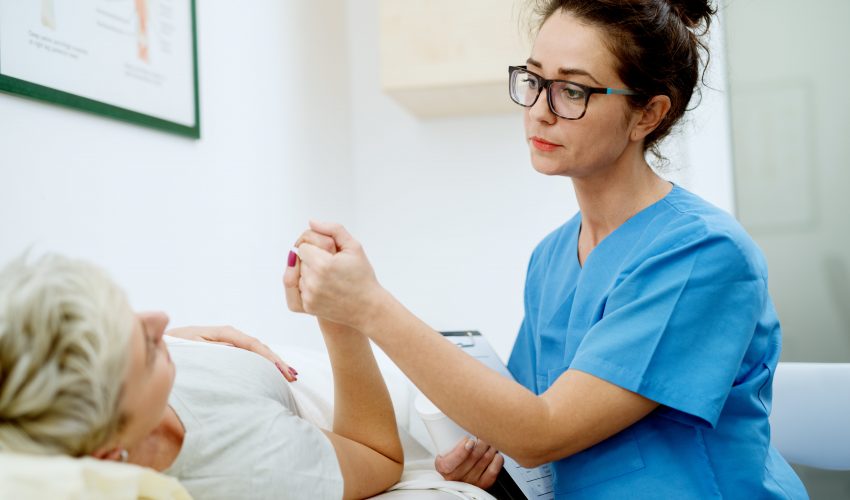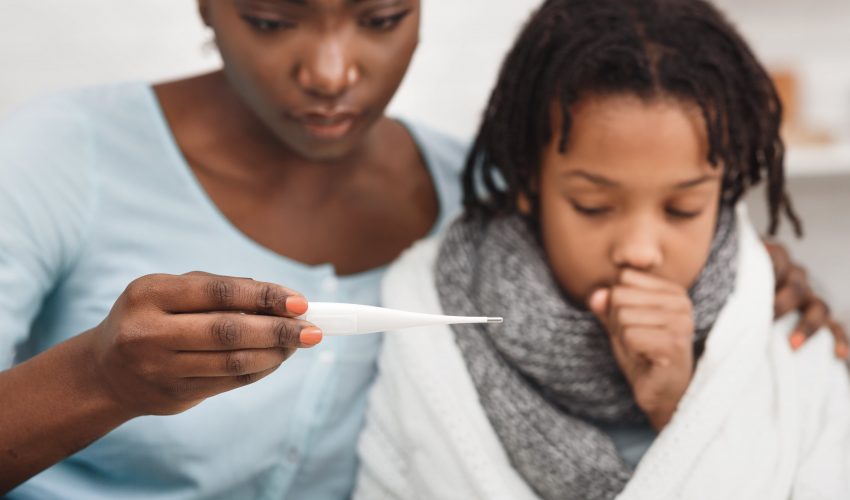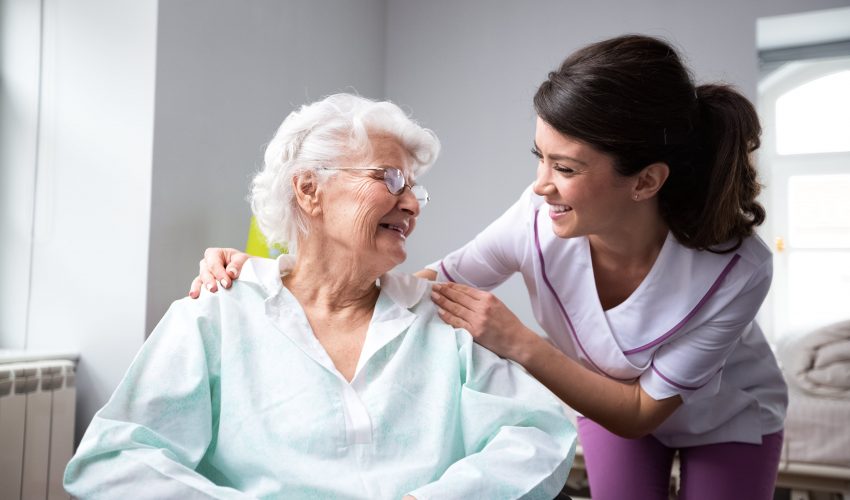Post Views: 1,759
ViewsOur Tips for Coping with a Patient’s Death
Death is one of our greatest drivers. It is the reason why we get out of bed every day, but no matter what we think of death, we have to interact with it throughout our careers. Simply put, people die on a daily basis. However, while we always try our best to prevent that from happening to our patients, it doesn’t change the fact that we’re seldom prepared for when the first of them die on us.
While we’re trained to administer treatment to prevent this scenario from happening, we always know, deep down, that it’ll happen to us someday. Unfortunately, death is one of those events that no one is ever prepared; no amount of books or training will ever make us feel comfortable when one of our patients dies, and maybe that’s for the best.
As we mentioned before, death is the greatest motivator; it drives us to do everything in our power to prevent it from happening to our patients or us. It is the negative reinforcement that makes us seek aid when we get hurt. Yes, we are all going to die eventually, but this doesn’t mean that we should give up and stop doing what we can to survive.
Even though we’re never prepared for it, we must take measures to ensure proper mental health following the death of a patient, so that it doesn’t affect the quality of our service, and allow us to focus on the task at hand, albeit temporarily until we are able to get off from work and grieve in our own ways.
People die, but life moves on. It is like a never-ending, constantly-moving train that threatens to leave those who do not get on it behind. Even after the death of a patient, you must always continue to treat, nurture, and to heal. Here are some tips that you could practice to steel yourself for death, and improve your ability to cope with a patient’s death without succumbing to a mental and emotional breakdown.
Give the gift of silence
If one of your patients suffered an unexpected death, such as from a complication of their disease, odds are that you were not prepared for it. In these cases, there is a good chance that you’ll be at a loss for words; you will struggle to find those reassuring phrases to make the moment less difficult, which is fine and completely normal. The best you can do will be to simply ease the patient’s passing, and try to support the family members in silence. In many cases, the thing that the family needs most is a shoulder to cry on, or an attentive ear to grieve for their loss. Many people think that, in order to connect, we must always say or do something appropriate to the context. There is much to be gained from practicing the art of silence, both for your patients, as well as for your mental health.
Nobody has all the answers and, quite frankly, death is one of those events that require none, which brings us to our next point.
It’s OK to feel
As we mentioned above, we’re seldom prepared for death. Even though we might mull over the negative outcomes of any treatment in our heads, we never truly expect that it’ll happen to one of our patients. However, more than fear, death is something that must be treated with respect, as it is the sole event that gives meaning to a life that, otherwise, would continuously go on endlessly. Our time on this Earth, by nature, is limited, and this very restriction is what makes life worth living. In this sense, a life extinguished right in front of our eyes is frightening and, as a nurse, it could drive us to tears and anguish.
Patient deaths are never easy.
However, before being a nurse, you are human, and grieving and mourning are natural in these cases. Once you have finished your responsibilities with the anguished family, you may also take your own time to mourn the loss and prepare mentally to continue working.
Seek Help
We’re never truly prepared for when the reaper comes by. Death has a way of changing our outlook on life, especially for those nurses who work in the ICU and are surrounded by death regularly. If you feel like you are having a hard time moving on after the death of a patient, you may seek aid from any social workers or counselors in your hospital or from a third party. These professionals are trained to help you organize your thoughts, find a viable solution to your problems, and help address your feelings after the death of a patient.
3 comments on Our Tips for Coping with a Patient’s Death
Leave a Reply
Our Tips for Coping with a Patient’s Death
By nurseadvisorofficial
We might do our best to prevent it, but death is an inevitable part of our career. Learn about the best ways to cope with a patient’s death.














HAVE YOU BEEN RIPPED OF YOUR COINS.
Have you gotten your bitcoins stolen from your wallet or invested in an ICO that turned out to be a scam, you are not alone because this happened to me too. I initially lost $96,000 in just less then five months from Fake investment scam company. My friend referred me to a hacker who helped me recover all my funds within 3 days. I’m speaking up to improve awareness of these cryptocurrency thieves and help as much as i can to reduce victims to the minimum. If you have been a victim, Simply contact Them ( MorrisGray380 at Gmail Dot Com )or whatsapp ( +1 607 698 0239 )
Helpful, Patient, and Professional
We thoroughly enjoyed working with West and his team at HackWest(at)Writeme(dot)Com throughout our credit repair and home-purchasing journey. No matter how many times we called or texted West (or his team) with questions, we consistently received prompt and helpful answers in return. West always did well to explain things in layman’s terms, which we appreciated as first-time homebuyers/credit repair. West and his team were kind, patient, professional, transparent, and willing to help whenever help was needed. They went above and beyond to ensure my wife and I felt comfortable with every decision we were making and took our credit score up to 798 within a few days and ensured we were able to buy our house. I strongly recommend you contact Hack West today. Please let him know Lyle referred you.
BE CAREFUL of crypto platforms promising huge returns. They lure people into fake programs. I lost 198,450 USD last year. While researching on how to recover my funds, I came across several recommendations on the Bitcoin Abuse Forum about HACKERSTEVE. I contacted him via his email on hackersteve911@gmail.com | https//hackersteve.great-site.net/, and he helped me recover all my funds. If you’ve also been a victim of financial scams, don’t hesitate to get in touch with him.